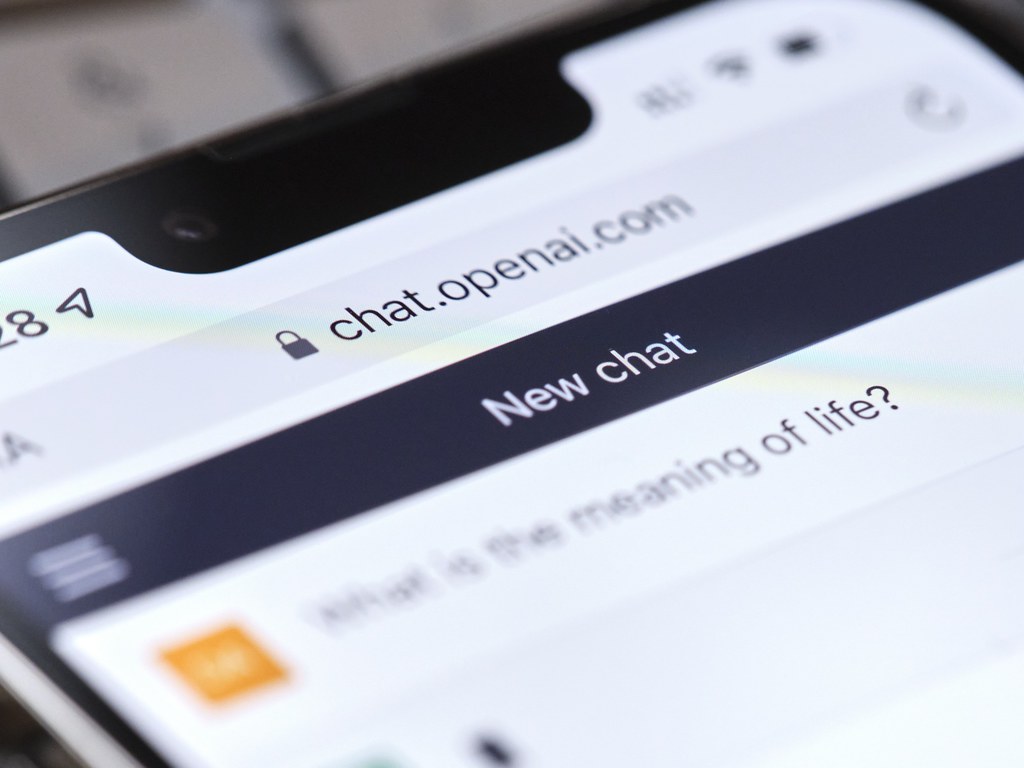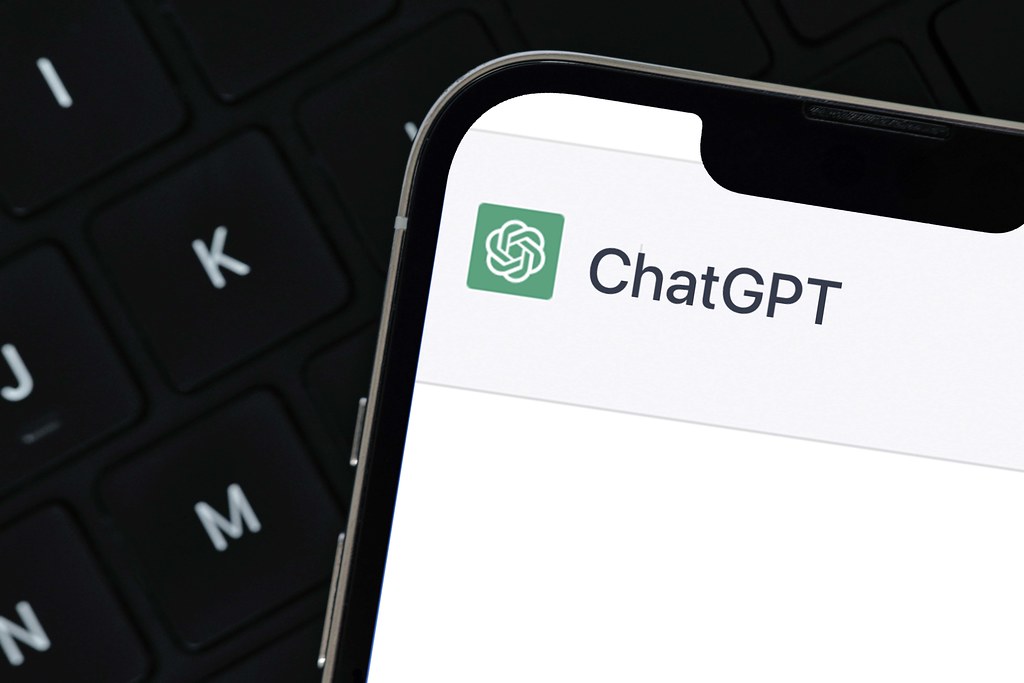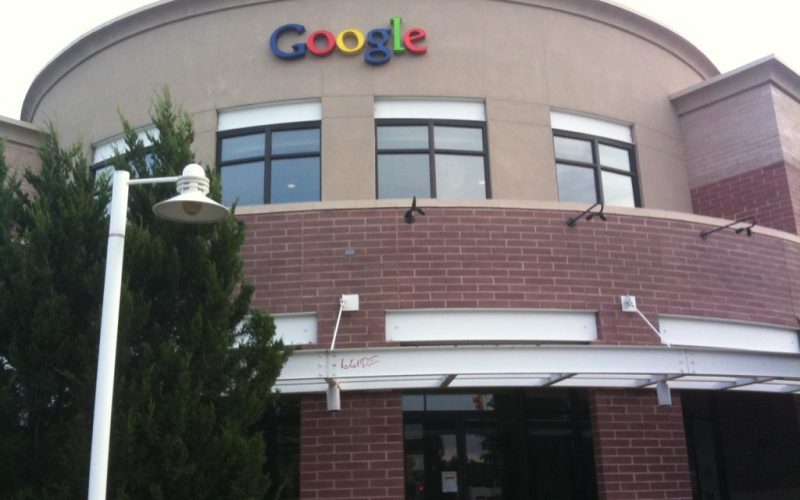Italy has become the first Western nation to obstruct ChatGPT, an intelligent chatbot.
The model, developed by US start-up OpenAI and supported by Microsoft, raised privacy issues, according to the Italian data protection authorities.
With “immediate effect,” the agency said it will forbid OpenAI and launch an investigation.

OpenAI assured the BBC that it adhered to privacy rules.
Since its debut in November 2022, ChatGPT has been used by millions of users.
Using the internet as it existed in 2021 as its database, it can mimic other writing styles and respond to queries in a manner that is natural and human-like.
It was included to Bing last month after Microsoft invested billions in it.
Word, Excel, PowerPoint, and Outlook will all have a version of the technology integrated into them, according to the company.
Concerns have been raised about the potential downsides of artificial intelligence (AI), including the threat it poses to employment and the spread of bias and false information.
Elon Musk and other prominent tech figures called for the suspension of these AI systems earlier this week amid concerns that the race to develop them was out of control.
In addition to blocking OpenAI’s chatbot, the Italian watchdog declared that it would look into whether it complied with the General Data Protection Regulation.
The GDPR sets rules for the collection, use, processing, and storage of personal data.
The data breach involved user conversations and payment information, the watchdog reported on March 20.
It claimed that there was no legal justification for “the widespread collection and storage of personal data for the purpose of ‘training’ the platform’s operating algorithms.”
It added that the app “exposes minors to absolutely unsuitable answers compared to their degree of development and awareness” because there was no way to confirm the users’ ages.
Due to the same worries, Bard, Google’s competing artificial intelligence chatbot, is currently only accessible to select persons above the age of 18.
OpenAI was given 20 days by the Italian data protection authorities to respond to the watchdog’s concerns or face a fine of up to €20 million ($21.7 million) or 4% of annual revenues.
As for the prohibition, the Irish Data Protection Commission told the BBC that it is coordinating with all EU data protection authorities and is following up with the Italian authority to understand the reasons behind their decision.
The UK’s independent data regulator, the Information Commissioner’s Office, told the BBC that it would “encourage” breakthroughs in AI but was also prepared to “fight non-compliance” with data protection regulations.
The restriction, according to Dan Morgan of cybersecurity rating service SecurityScorecard, highlights the significance of regulatory compliance for businesses doing business in Europe.
Compliance with rules is a need, not an extra, for businesses. “Businesses must prioritize the protection of personal data and comply with the strict data protection regulations set by the EU.”
“Not adequately controlled”
Following the filing of a complaint in the US, the consumer advocacy group BEUC urged EU and national authorities to look into ChatGPT and comparable chatbots, including data-protection watchdogs.
The BEUC is concerned that although though the EU is presently drafting the first AI law in the world, it would be years before it could go into effect, putting consumers at danger from a technology that is not appropriately regulated.
The BEUC’s deputy director general, Ursula Pachl, issued a warning that society was “today not sufficiently protected from the harm” that AI could inflict.
These AI systems require increased public scrutiny, and public authorities must reassert control over them, she said, adding that there are “serious concerns growing about how ChatGPT and similar chatbots might deceive and manipulate people.”
Many nations, including China, Iran, North Korea, and Russia, have already blocked ChatGPT.
According to OpenAI, which spoke to the BBC, the Garante, the Italian data protection regulator, requested that ChatGPT be disabled for users in Italy:
“We are committed to safeguarding individuals’ privacy, and we believe that we abide by the GDPR and other privacy laws,” the statement read.
The organization claimed that in order for ChatGPT and other AI systems to “learn about the world, not about private individuals,” it worked to reduce the personal data used in training.
We also think that AI regulation is vital, so we’re looking forward to collaborating with the Garante and educating them about how our systems are developed and used, it continued.
OpenAI expressed excitement about resuming ChatGPT availability in Italy “soon.”












